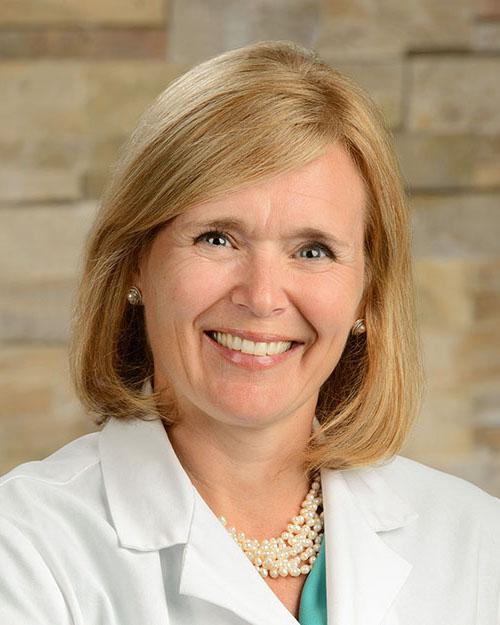What Breast Specialists Want You to Know About Breast Cancer
October 10, 2024
This article was reviewed by our Baystate Health team to ensure medical accuracy.
 Jennifer A. Hadro, MD
Jennifer A. Hadro, MD

Health & Wellness Tips
Related Articles
Back to Top












